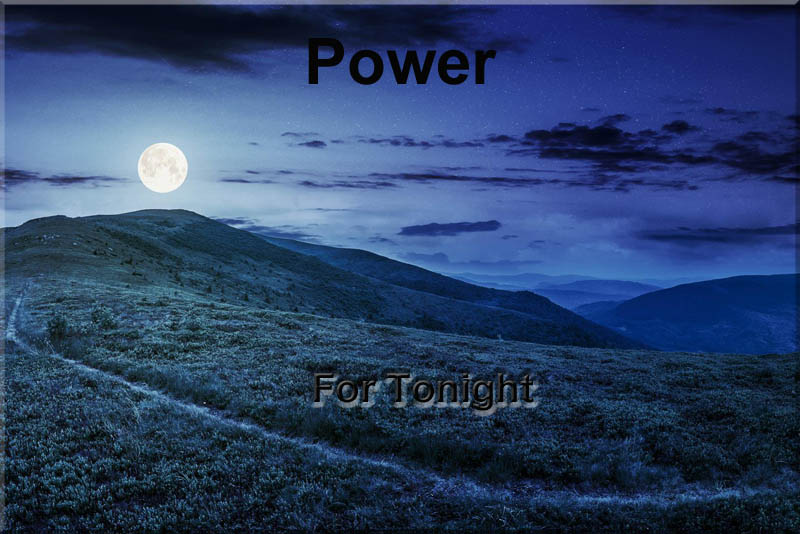The Yule Log - Christmas Superstition

The burning of the Yule log is a Christmas tradition for many although in recent years, smaller fireplaces have made this practice difficult. Many still have a symbolic Yule log or bake cakes in its shape.
Where do we get the tradition of the Yule log? Yule refers to the celebration of the Winter Solstice in a pre-Christian era. One explanation is that the word comes from the Anglo-Saxon "geol," meaning feast. Another is that it is from the Old German word "jol," meaning a turning wheel referring to the sun rising after the winter solstice. It is a celebration of the lengthening days and increasing hours of sunshine.
Traditional European observances generally included a large oak log that was decorated with pieces of pine and pine cones, or sometimes holly. Notes of good wishes for the coming year were tucked into the foliage. In other cultures, the notes contained personal faults, mistakes and bad choices. The burning of the notes with the log allowed everyone to make a fresh start. An effort was made to keep the log burning for the entire Yule celebration.
When the Yule log was adopted as a Christmas custom, an enormous log of freshly cut wood was carried into the house. On Christmas Eve, the master of the house would place it on the hearth. Sometimes it would be sprinkled with oil, salt and mulled wine while prayers were said. The privilege of lighting the log was given to the mother of the home or to the young girls of the family. Splinters from the previous year's log were carefully saved to be used in the lighting ceremony.
Amazingly, these are only a few of the superstitions surrounding the Yule log. Christmas traditions are fun and can provide many fond memories throughout the years. However, it is of utmost importance to remember that these are superstitions and are not fact.
The facts and the truths concerning Christmas are simple and easy to live by.
God the Father saw a sinful world and came to earth in the form of God the Son, Jesus Christ. Jesus willingly gave His life so that no one need be destroyed by sin. By believing in Him, anyone can have a whole and fruitful life. God didn't go to all the trouble of sending his Son merely to point an accusing finger, telling the world how bad it was. He came to put the world right again. Anyone who trusts in Him is given eternal life as a free gift.
There is no need to burn a log or to guard it from barefoot women and squint eyed men. We don't have to choose a certain type of wood for special blessings or keep it burning for good luck. All good things are from God the Giver of all blessings. They are free.
If the burning of the Yule log is a tradition in your home, continue it if you want to, but remember that it is just tradition and superstition. The real meaning of Christmas is in Jesus Christ and a simple truth.
Some of your favorite authors share Christmas memories at LynneChapman.com.
Where do we get the tradition of the Yule log? Yule refers to the celebration of the Winter Solstice in a pre-Christian era. One explanation is that the word comes from the Anglo-Saxon "geol," meaning feast. Another is that it is from the Old German word "jol," meaning a turning wheel referring to the sun rising after the winter solstice. It is a celebration of the lengthening days and increasing hours of sunshine.
Traditional European observances generally included a large oak log that was decorated with pieces of pine and pine cones, or sometimes holly. Notes of good wishes for the coming year were tucked into the foliage. In other cultures, the notes contained personal faults, mistakes and bad choices. The burning of the notes with the log allowed everyone to make a fresh start. An effort was made to keep the log burning for the entire Yule celebration.
When the Yule log was adopted as a Christmas custom, an enormous log of freshly cut wood was carried into the house. On Christmas Eve, the master of the house would place it on the hearth. Sometimes it would be sprinkled with oil, salt and mulled wine while prayers were said. The privilege of lighting the log was given to the mother of the home or to the young girls of the family. Splinters from the previous year's log were carefully saved to be used in the lighting ceremony.
- The ashes from the Yule log could protect the house from natural disasters.
- Ashes were placed in the well to keep the water pure and around fruit trees and vines to help them bear fruit.
- Soaked with water the ashes would provide a cure for illnesses in both humans and animals.
- Cinders would protect a home from the devil.
- Any difficulty in lighting the Yule log was believed to be a bad omen.
- Once lit, the Yule log must burn all through the Twelve days of Christmas or there would be bad luck for the household.
- (My favorite) It was very unlucky if the log was touched by a barefooted woman or by a squint eyed man.
- In some cultures the type of wood used would provide different benefits to the home.
- Oak brought healing, strength and wisdom.
- Pine signified prosperity and growth.
- Ash brought protection, prosperity and health.
- Birch signified new beginnings.
- Holly inspired visions.
- Willow helped the owner achieve his desires.
Amazingly, these are only a few of the superstitions surrounding the Yule log. Christmas traditions are fun and can provide many fond memories throughout the years. However, it is of utmost importance to remember that these are superstitions and are not fact.
The facts and the truths concerning Christmas are simple and easy to live by.
God the Father saw a sinful world and came to earth in the form of God the Son, Jesus Christ. Jesus willingly gave His life so that no one need be destroyed by sin. By believing in Him, anyone can have a whole and fruitful life. God didn't go to all the trouble of sending his Son merely to point an accusing finger, telling the world how bad it was. He came to put the world right again. Anyone who trusts in Him is given eternal life as a free gift.
There is no need to burn a log or to guard it from barefoot women and squint eyed men. We don't have to choose a certain type of wood for special blessings or keep it burning for good luck. All good things are from God the Giver of all blessings. They are free.
If the burning of the Yule log is a tradition in your home, continue it if you want to, but remember that it is just tradition and superstition. The real meaning of Christmas is in Jesus Christ and a simple truth.
Some of your favorite authors share Christmas memories at LynneChapman.com.
 |  |  |
You Should Also Read:
Christmas Eve Superstitions
Mistletoe - A Christmas Superstition
Teach Your Children the Christmas Story

Related Articles
Editor's Picks Articles
Top Ten Articles
Previous Features
Site Map
Follow @LynneChapman
Tweet
Content copyright © 2023 by Lynne Chapman. All rights reserved.
This content was written by Lynne Chapman. If you wish to use this content in any manner, you need written permission. Contact Lynne Chapman for details.









